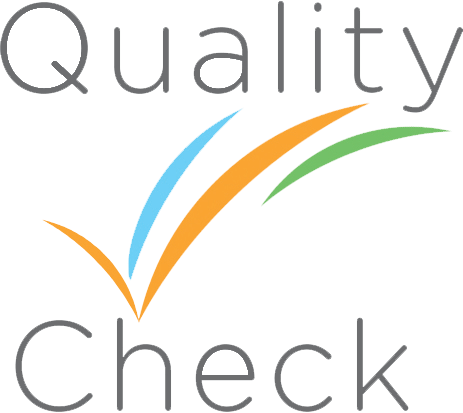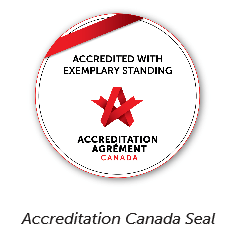Prairie Mountain Health Accreditation Survey | May 26-31, 2024

Accreditation is an ongoing process that includes an on-site survey, which assists us in objectively evaluating patient safety and quality improvement within health care. Accreditation Canada sends a team of health care providers from across Canada to complete a review of each Regional Health Authorities programs and services.
Accreditation Canada works with healthcare providers, stakeholders, clients & families and the public to improve the quality and safety of health for all. Accreditation Canada’s philosophy of quality improvement is based on the involvement of the entire organization. For this reason, the team from Accreditation Canada will assess all aspects of an organization and provide an accreditation decision that recognizes the entire organization, not just a specific program and/or service.
Prairie Mountain Health (PMH) accreditation survey is scheduled for May 26-31, 2024. The results of this survey will give us confidence that we are providing good care and help us identify areas that could be further improved. The survey is only part of PMH’s commitment to patient safety through continuous quality improvement.
The survey process includes the evaluation of standards and Required Organizational Practices (ROPs) based on national health standards (see Chart 2 Below) that reflect the programs and services offered within PMH (i.e. Emergency Department, Public Health). ROPs are required patient safety processes that must be in practice (e.g. Falls Prevention, Client Identification). ROPs are categorized into six patient safety areas, each with its own goal (see Chart 1 below).
Chart 1: ROPs are Categorized into Six Patient Safety Areas
| Safety Culture | Create a culture of safety within the organization. |
| Communication | Improve the effectiveness and coordination of communication among care and service providers and with the recipients of care and service across the continuum. |
| Medication Use | Ensure the safe use of high-risk medications. |
| Worklife/Workforce | Create a worklife and physical environment that supports the safe delivery of care and service. |
| Infection Control | Reduce the risk of healthcare-associated infections and their impact across the continuum of care/service. |
| Risk Assessment | Identify safety risks inherent in the client population. |
Chart 2: Examples of National Health Standards to be Evaluated in PMH are:
| Cancer Care | Inpatient Services | Population Health and Wellness |
| Critical Care | Leadership | Perioperative Services and Invasive Procedures (Surgery) |
| Emergency Department | Long Term Care | Primary Care Services |
| Emergency Medical Services and Interfacility Transport Services | Medication Management | Public Health Services |
| Home Care | Mental Health | Rehabilitation Services |
| Hospice, Palliative Care, End of Life Services | Community Mental Health Services and Supports | Sterilization of Medical Devices |
| Infection Prevention and Control | Obstetric Services | Substance Abuse & Problem Gambling |
| Ambulatory Care |
PMH has teams consisting of direct care providers, support staff, administration, management and patients. Each member is selected because of their experience, area of expertise, type of program/service they work in or area of PMH they represent (i.e. Swan River, Boissevain). These teams work year-round to influence quality improvement, which is reflected in established processes, ongoing education and policy development. Partnerships with many groups (i.e. educational institutions, First Nation communities), including physicians, take place continuously to ensure that the best decisions are being made for staff, patients/clients and their families.
As a patient or member of the public, if you wish to know more about national health standards, check out the Accreditation Canada website or Health Standards Organization (HSO) website. If you want to learn more about becoming a patient partner involved in Accreditation, please contact us at [email protected].

When you see the Accreditation Canada seal, you can be confident that the healthcare organization is working hard to meet Accreditation Canada standards to deliver safe, high-quality care. They do so because better quality means better health.

